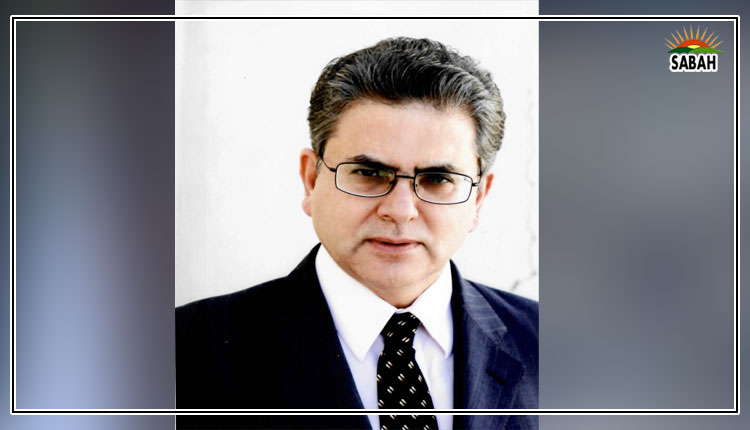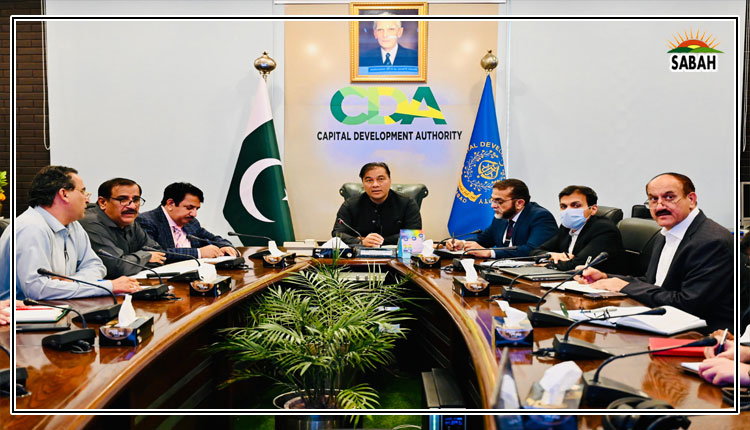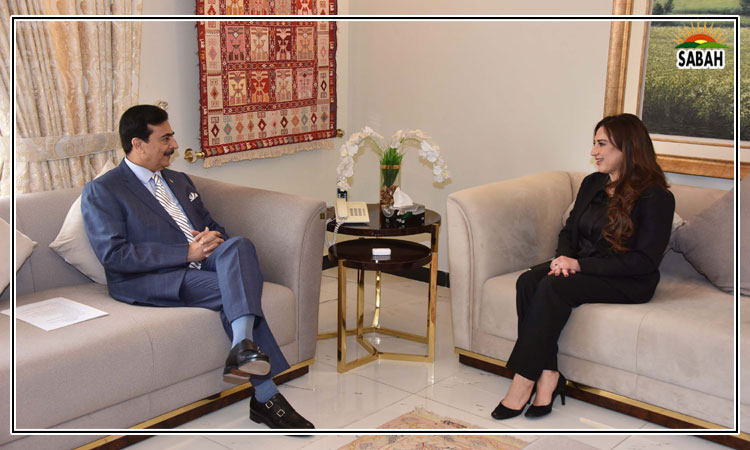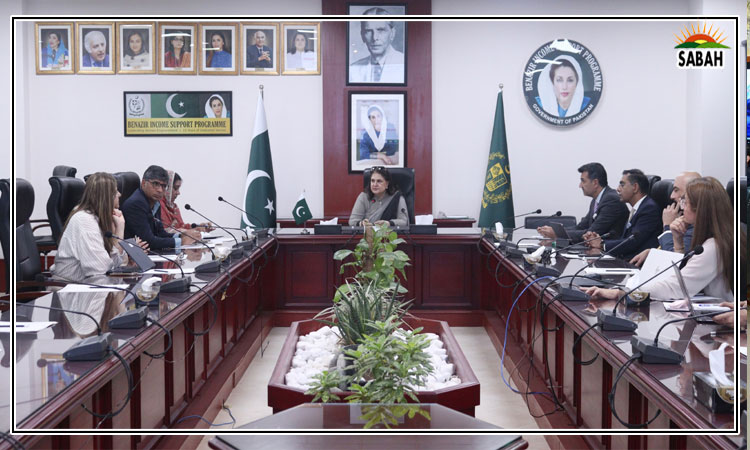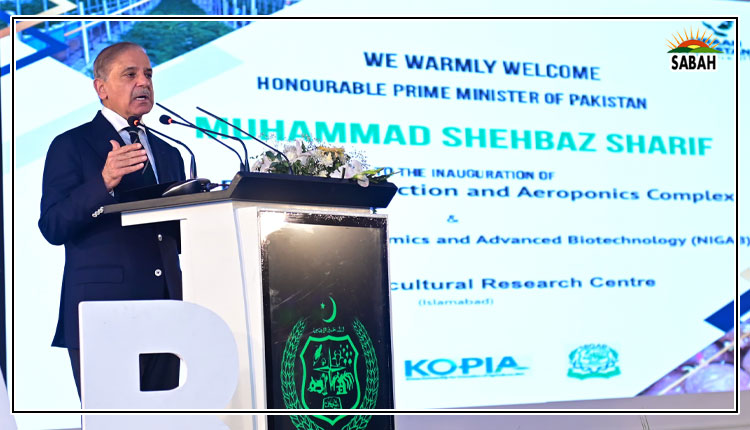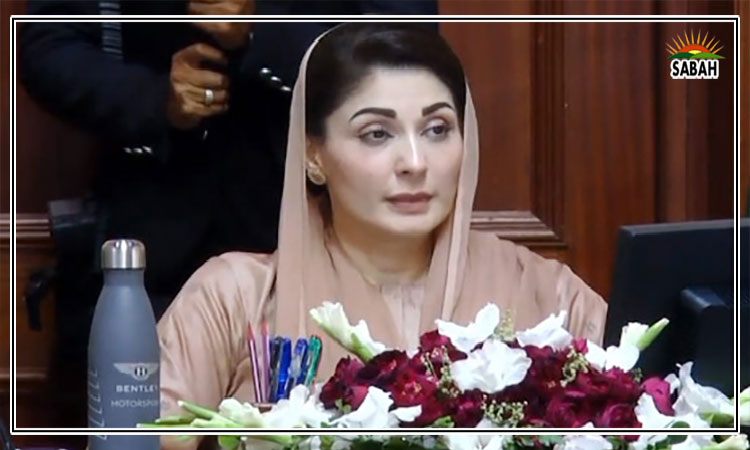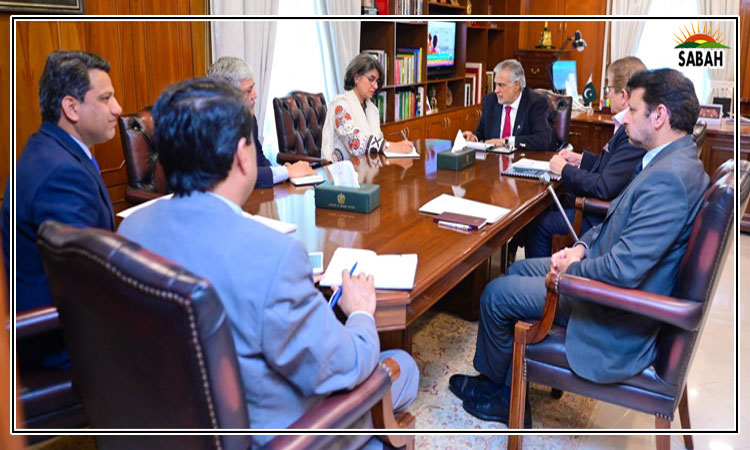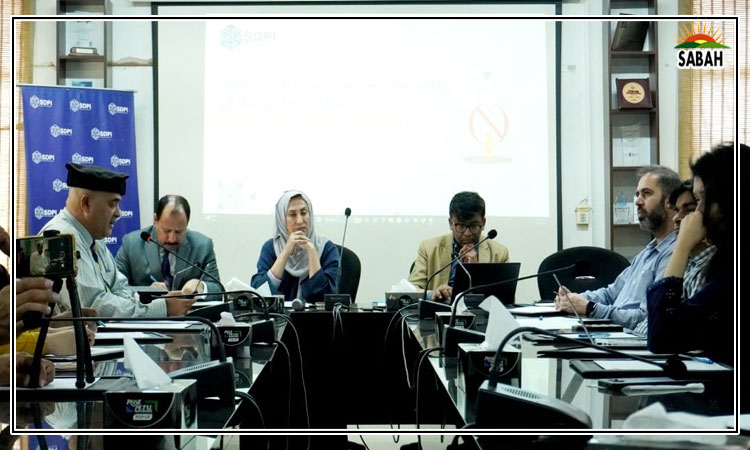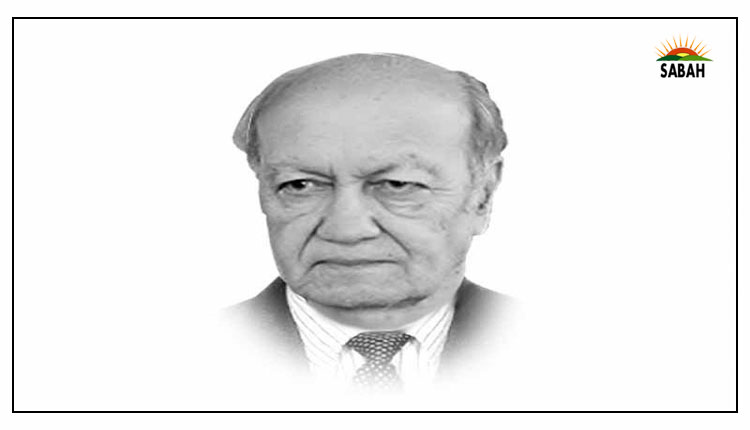Politics of hate and verbal duels …. Talat Masood
There was a time when America and the West were looked upon as a beacon of democratic values and culture but not anymore. The recent verbal duels by Donald Trump during the campaign for Presidency and the animosity oozing out in his discourse is a true reflection of how politics in America has drifted. It is intensely personal centric and less oriented toward discussing serious economic and strategic issues. This is the global trend partly influenced by US conflictual politics but it also depends on the maturity and the quality of leadership.
We do not have to go far to look for this drift. South Asia is one of its worst victims. Although Narendra Modi he has been very successful in lifting the economy of India to impressive levels, his discourse has generally been toxic, especially in the context of his political opponents domestically and against Pakistan in the foreign policy domain.
This is however not to underestimate the importance of these rabble-rousing leaders. By significantly improving the economy, increasing job opportunities and achieving progress in vital sectors of space and deep-sea exploration, Modi has raised India’s profile and international standing. The Congress and other opposition parties in India have so far not been able to come up with leaders that could find broad support to challenge Modi’s economic programme and deeply ingrained political and religious prejudices.
In US the general message that Trump and other party leaders are trying to convey is that the Republican party stands for the broad masses and is in a better position than the Democrats to address their problems and alleviate the quality of life if they came to power. They also claim that Biden represents the elite, whereas Trump embodies the people. Now that Biden has withdrawn from the race due to the pressure building up within his Party to vacate it is to be seen how it will alter the dynamics of the Presidential race and the fortunes of the Democrat party.
Trump appeals to people’s prejudices, to their worst instincts that have been suppressed by the woke culture of political correctness. Trump has changed the social norms by making it acceptable through his own example to express biases using derogatory language for Mexicans, Muslims and women. By breaking taboos and norms of decency Trump has given voice to the people, especially within the white working class who see their status declining due to push for civil rights and promotion of egalitarian policies. However, Trump’s divisive politics that pits one group of people against the other will be very damaging for the American society in the long run. Trump gives a simple message in order to explain the predicament of the people that goes well with them and increases his support. Although, it is doubtful if he would fulfil the promises he makes or change America according to the vision that he projects.
Democrats do not have one-sentence solutions for country’s economic and foreign policy issues. Their solutions are more pragmatic and well thought-out. But people have no patience for details and lengthy explanations. In short it is a dilemma for political leaders as what to say, what assurances to give to the masses to capture their imagination and win their votes.
Trump has also indicated that he would disengage the US from supporting Ukraine as it is an economic burden. This would be a major shift in the US policy and could lead to giving greater space to China and Russia in expanding their influence. Although Trump claims he would be tough on China.
Trump claims that Biden represents the elite, and he embodies the people. Moreover, he wants to increase tariff on Chinese goods, because they do not compete fairly but perhaps more so to facilitate sale of US products. To what extent he will be able to implement these policies when in power is questionable, but certainly these go well with the electorate.
It is also important to bear in mind that society is going through very critical transformation in every field.
In foreign policy and relations with countries he has been initially erratic but with passage of time he is likely to rely more on the advice of foreign office.
People want simple solutions. Even minority groups that Trump frequently denigrates believe that at least his economic policies are beneficial for them and most of these groups’ short term economic considerations matter and are less enthusiastic in supporting policies with longer term impact, such as climate change.
If past is any guide of Trump’s inbuilt hostility toward Muslims in general and his frequent adverse remarks about Pakistan, relations with the US will have to be steered with great tact in case the Republicans are in power. Hopefully, Trump’s past experience as President has mellowed him and given him a better understanding of how best to relate to nations. With his strong leanings toward Israel and support of the war in Gaza his role in the Israel-Palestine conflict will be closely watched.
For us what matters is how Trump will, if he becomes President, engage with Pakistan and what his policy towards Muslims in general would be. For far too long, US engagement in Pakistan has been security related and less from the perspectives of the country’s citizens, especially outside of elite circles. This will only reinforce the strong held perception that the US interests in Pakistan are only transactional when its specific interests are at stake or are to be promoted, as has been the case in the past. Although the expectation is that it would also take into account how the Pakistani people envision their own interests. It is equally important for Pakistan to be receptive to US expectations. Presently, the US has been supporting Pakistan in its efforts to fully secure the Pak-Afghan border. With improved security situation in the border areas Pakistan will be able to further enhance and unlock its potential as a hub of transit trade to Iran, Afghanistan and Central Asia.
Courtesy Express Tribune


